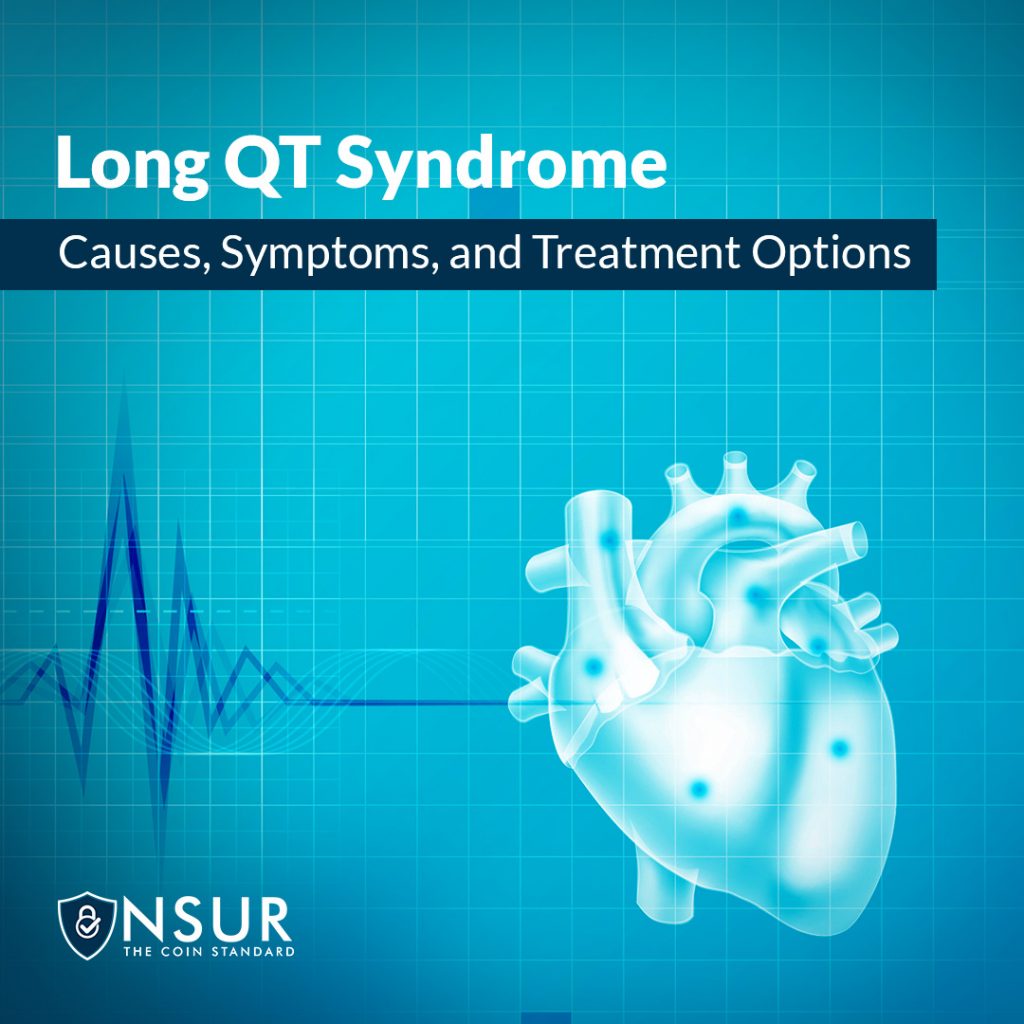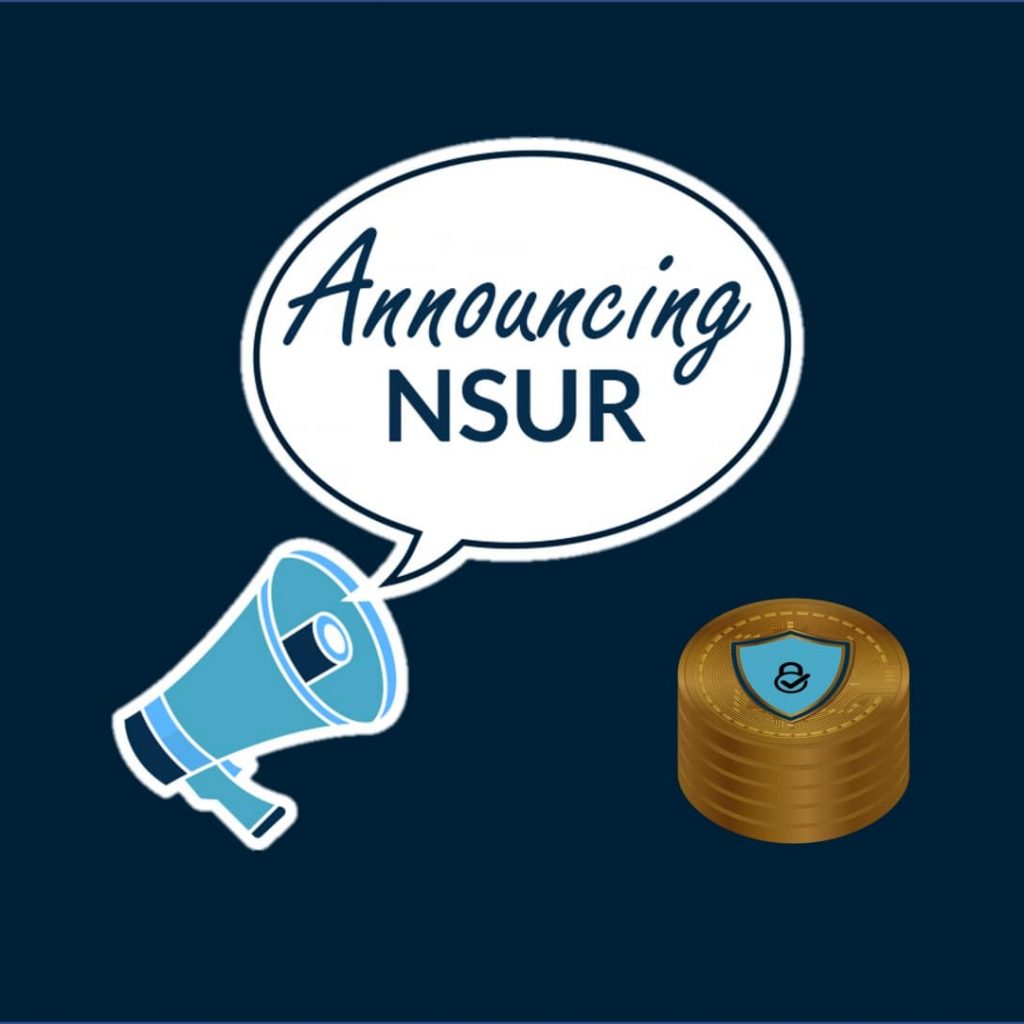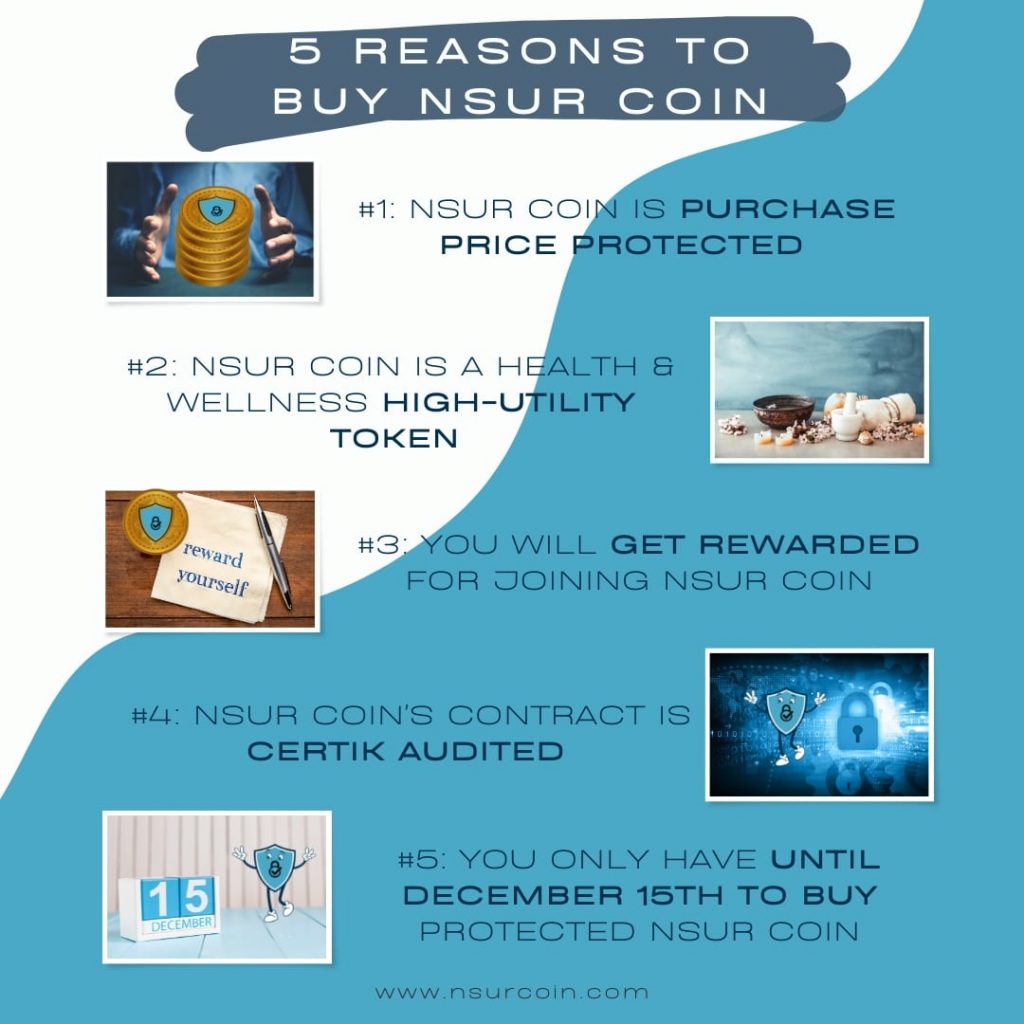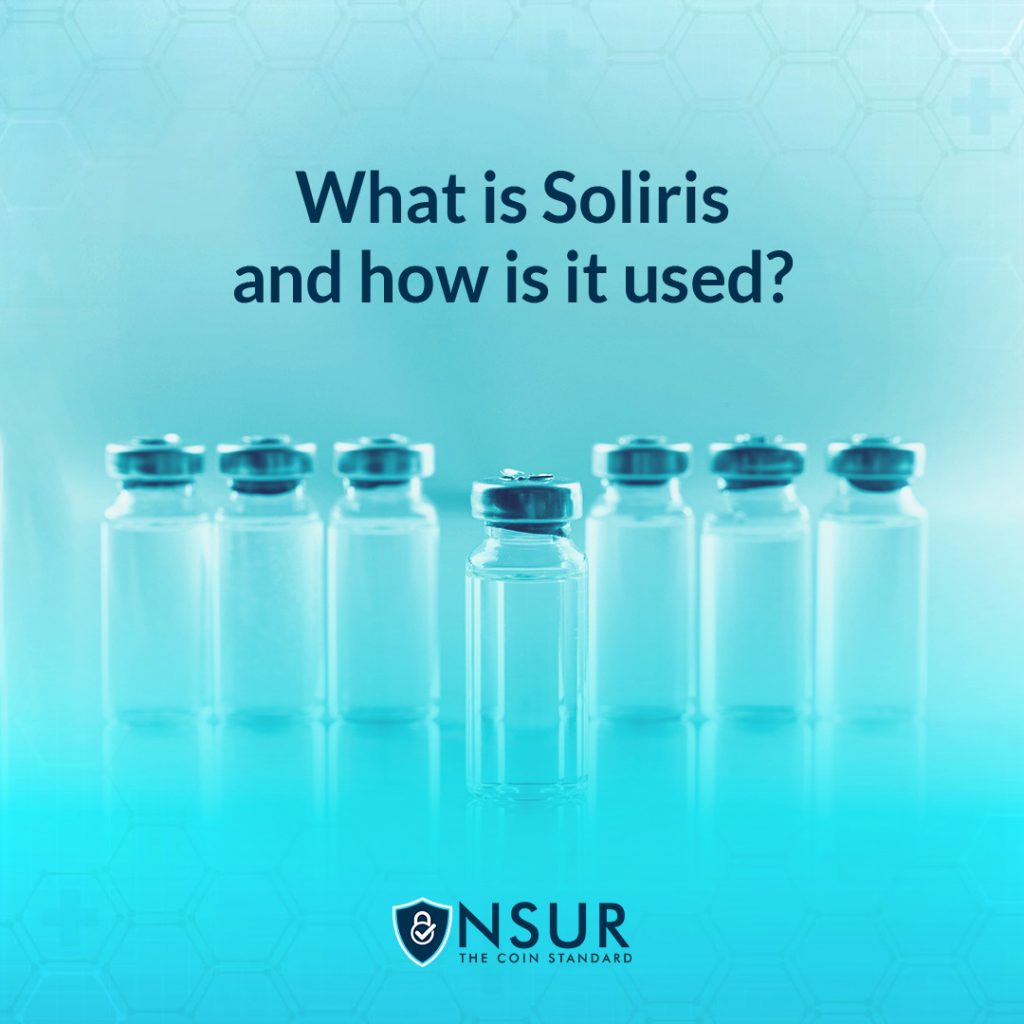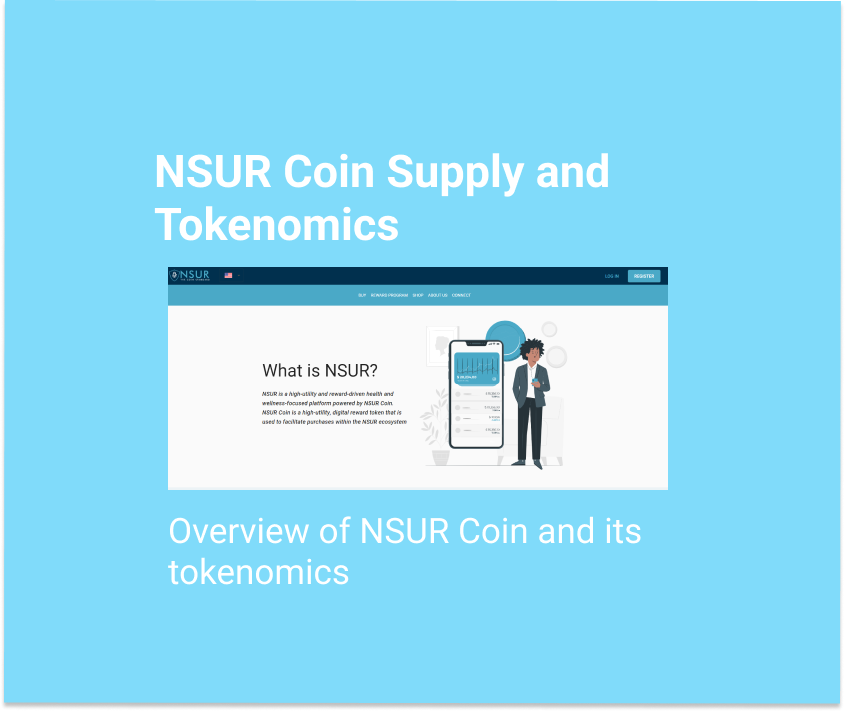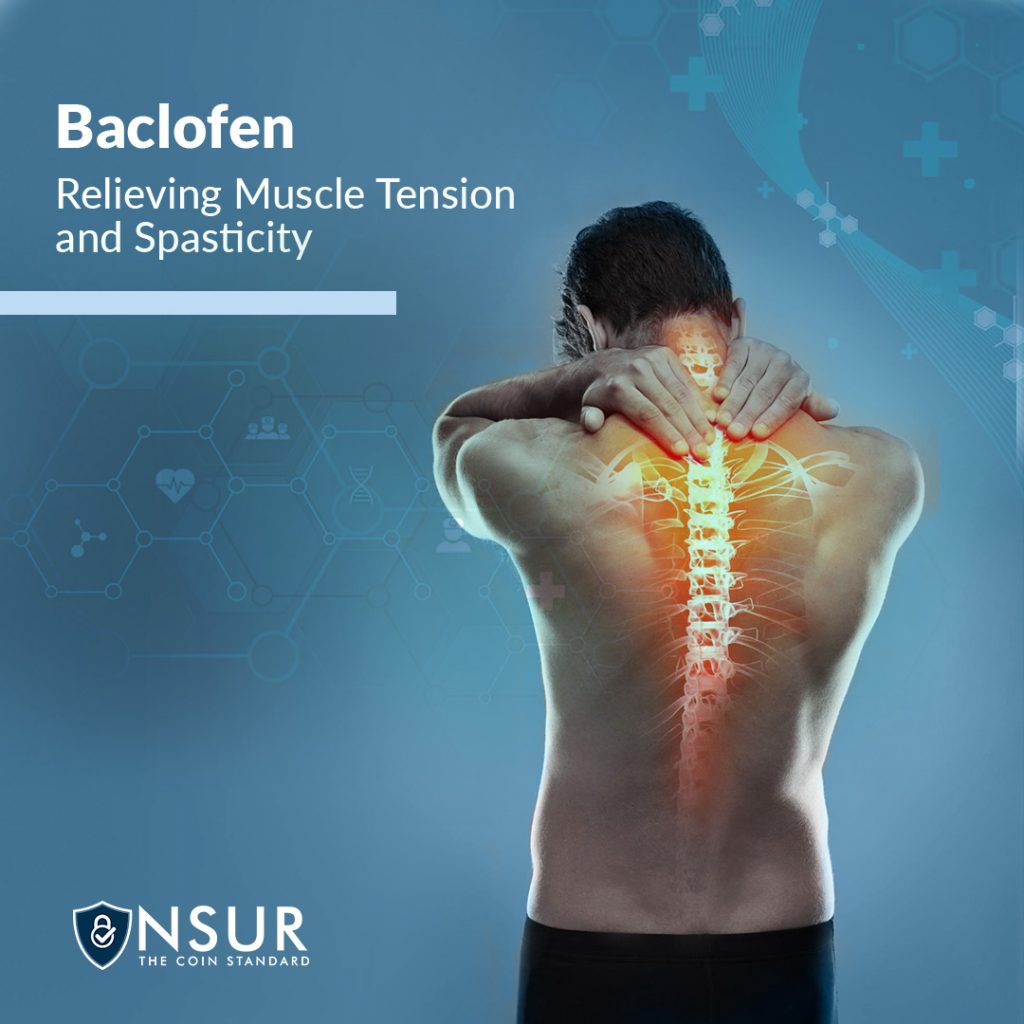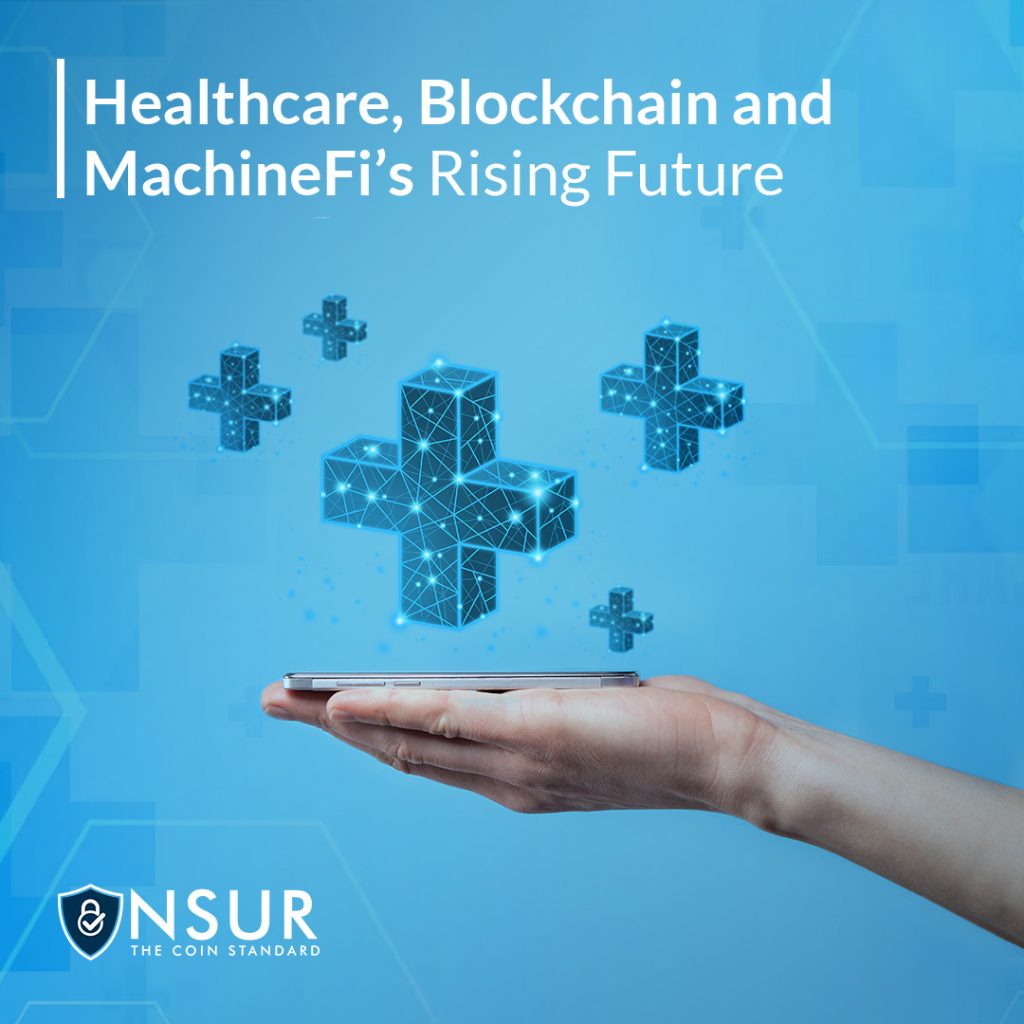
The healthcare sector is going through a big change, with advanced technologies like blockchain, IoT, DeFi, and AI driving the shift towards personalized and proactive healthcare. This is giving individuals more control over their health, and providing healthcare professionals with better information for decision making. The implementation of these technologies has the potential to revolutionize healthcare delivery and reduce costs.
Leading the way are companies like FarmaTrust, HealthBlocks, and Consensus Health, who are transforming healthcare delivery by making it more affordable, effective, and accessible. The combination of IoT, blockchain, and financial services has improved data security, access to care, and streamlined processes, leading to better patient experiences and more informed healthcare decisions.
The correlation of digital identity with healthcare
The digital identity revolution first rocked the healthcare sector when various blockchain firms focused on creating digital identities or self-sovereign identities. The advent of Digital Identities, personal online identities that cannot be canceled or misused was a significant milestone. It addressed the problem of account lockouts and ensured the protection of personal data. The game changer came when the IEEE, an independent standards organization, formed a working group with prominent members including Lenovo, Bosch, IoTeX Huawei, Ericsson, and Lockheed.
MachineFi sparked the start of the autonomous machine economy through digital identities for both humans and machines, surpassing the previous bus around Web3.When we talk about IoT, sensor technology, chips, hardware manufacturing, 5G and a variety of other hi-tech fields have all made significant progress in recent years. A McKinsey report predicts significant economic value from IoT, with a potential of $5.5 trillion to $12.6 trillion globally by 2030, including benefits for IoT product and service consumers and customers. The report” IoT value set to accelerate through 2030: Where and how to capture it,” emphasizes the growth opportunities for IoT in the future.
Machines were also equipped with secure Digital Identities to prevent hacking incidents that could result in expensive information theft and machine downtime. Users can reduce the risk of identity theft and lower the insurance rates for everyone by taking preventative measures such as frequently changing passwords and using two factor authentication.
However, the use of advanced data blinding algorithms to encode data generated by individuals and machines transformed the healthcare industry. These algorithms ensure the privacy of sensitive information. An algorithm for medical diagnosis can help improve accuracy and efficiency in diagnosis, and potentially reduce health care costs by avoiding unnecessary tests and treatments.
MachineFi merges the physical and digital realms by utilizing machine and Defi to monetize machine-generated data, events, and actions. IoTex is paving the way for this transformation by converting traditional IoT and machine sectors into MachineFi decentralized applications, unlocking vast prospects in the Web3 and Metaverse.
Science fiction inspires real-world IoT advancements in healthcare
Science fiction has often been a driving force behind technological innovations, and healthcare is no exception. One prominent example is the internet of things (IoT) in healthcare, where predictions from science fiction have become a reality. For instance, medical tricorders, as seen in the iconic movie “Star Trek,” are now embodied by wearable health devices such as smartwatches and fitness trackers, as well as IoT-equipped medical equipment. These tools collect and analyze healthcare data to offer real-time insights and personalized healthcare. The combination of IoT and Healthcare is transforming the way we approach health, showcasing how science fiction can inspire real-world technological advancement.
Managing healthcare monitoring
Healthcare is becoming more convenient and efficient with remote monitoring and real-time health data collection through wearable technology and algorithms. Patients’ consent is required when using blockchain to store diagnostic results, so specialists and second opinions have quicker access to the results. Ingestible and injectable devices offer more efficient and effective health problem detection and targeted medicine delivery. The increasing popularity of medical devices such as heart rate sensors, continuous glucose monitors, and exercise trackers that collect personal health data has led to the growth of companies that aggregate this information into a single digital health application.
Supply chain transformed by blockchain and IoT
The implementation of blockchain technology in the manufacturing process has revolutionized the supply chain industry. The transparency of the supply chain has improved, allowing for better tracking and regulation of medications ensuring their safety, effectiveness and shelf-life. New emerging companies have recognised the potential of blockchain in the pharmaceutical industry and have started to work towards it. This technology also allows for tracking of a drug’s journey from manufacturer to administration of drugs and even beyond to assess long-term health effects. The healthcare industry has also evolved to include fun with innovative applications for the users to increase health awareness in them.
Take away
Healthcare is poised for a bright future, with a focus on personalized medicine and preventative measures, enabled by cutting-edge technologies such as blockchain, IoT, DeFi, and AI. People have become more health-conscious and are taking advantage of digital technologies to manage their well-being. The trend for health tracking and monitoring is driven by the popularity of smart-devices. The pharmaceutical industry is also taking advantage of these technological advancements to improve its supply chain management. With ongoing research and development, the future of healthcare looks promising and continues to evolve.
